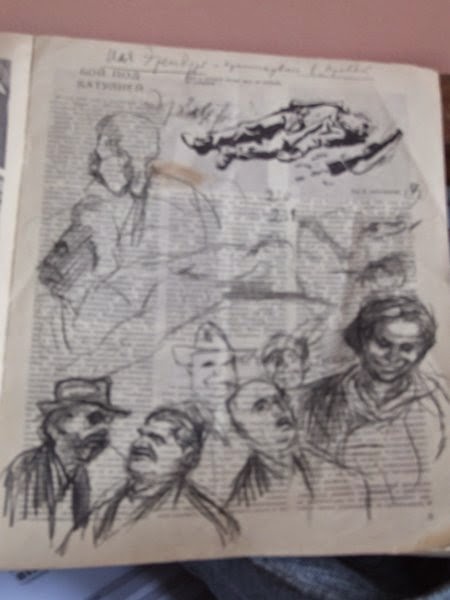As
a politician from my late 20s, I quickly learned how soon public expectations
turn to dust – although my first speeches “on the stump” (ie in the
open air) did warn people that I could make no promises (I would generally have
to stop myself from adding “except blood and toil”!).
I
found that such an honest approach paid off – and from 1968 I had an undefeated
record of 8 public electoral victories and a further string of 8 consecutive
successes in the contests which were held immediately after the elections by
the ruling Labour party (of which I was part) to decide the key positions.
It
was as such a “seasoned” politician (I love the bon viveur sense this epithet
gives – as in “add some seasoning”!) that I was initially elated and then
deflated by Obama…..
But
I was still moved by yesterday’s Presidential inauguration of Klaus Iohannis
here in Bucharest – first his speech to the unrepentant parliamentarian sinners
with its declaration that their stable needed cleansing….then the motorcade to
the Cotroceni Palace we had passed just last week - to accept the baton from
ever loquacious Basescu.
What a contrast Transylvanian Iohannis makes – with his typically slow delivery! But it was this modesty and circumspection which won him his highly unexpected victory last month and which gives many Romanians the first hope they have had for some time…..
What a contrast Transylvanian Iohannis makes – with his typically slow delivery! But it was this modesty and circumspection which won him his highly unexpected victory last month and which gives many Romanians the first hope they have had for some time…..
In 25 years, the Romanians have had only one brief five-year respite from the insidious poison which the plutocrats (regardless of political label) have been injecting into their veins. Iliescu – who led the palace revolution this time 25 years ago - may have been personally incorruptible but all his minions quickly took the silver; and University Professor Constantinescu simply proved unequal to the task of reform. By coincidence, the country’s first post-communist Prime Minister Petr Roman was talking volubly on his mobile (in French) in the English Bookshop at midday – but I failed to identify him. Otherwise I would have approached him to remind him that some 24 years ago, he gave me an hour-long interview…….



